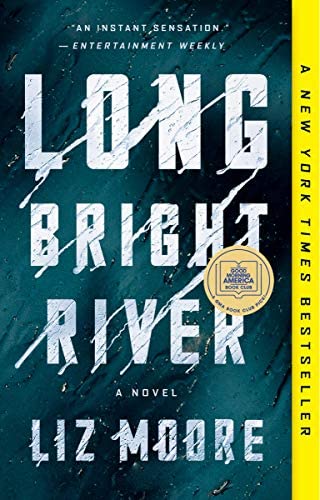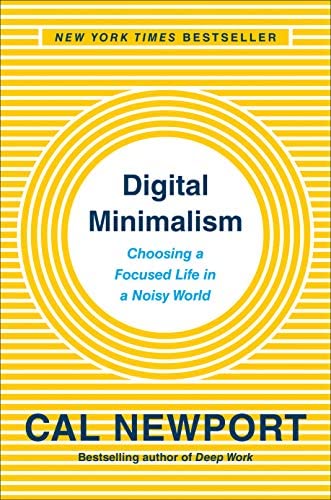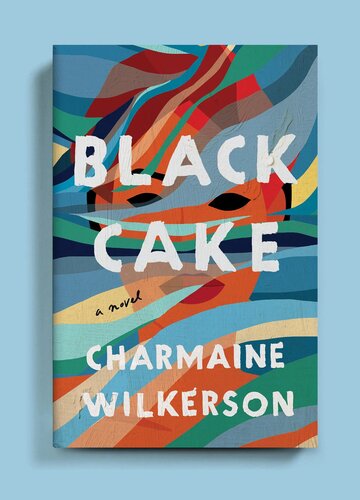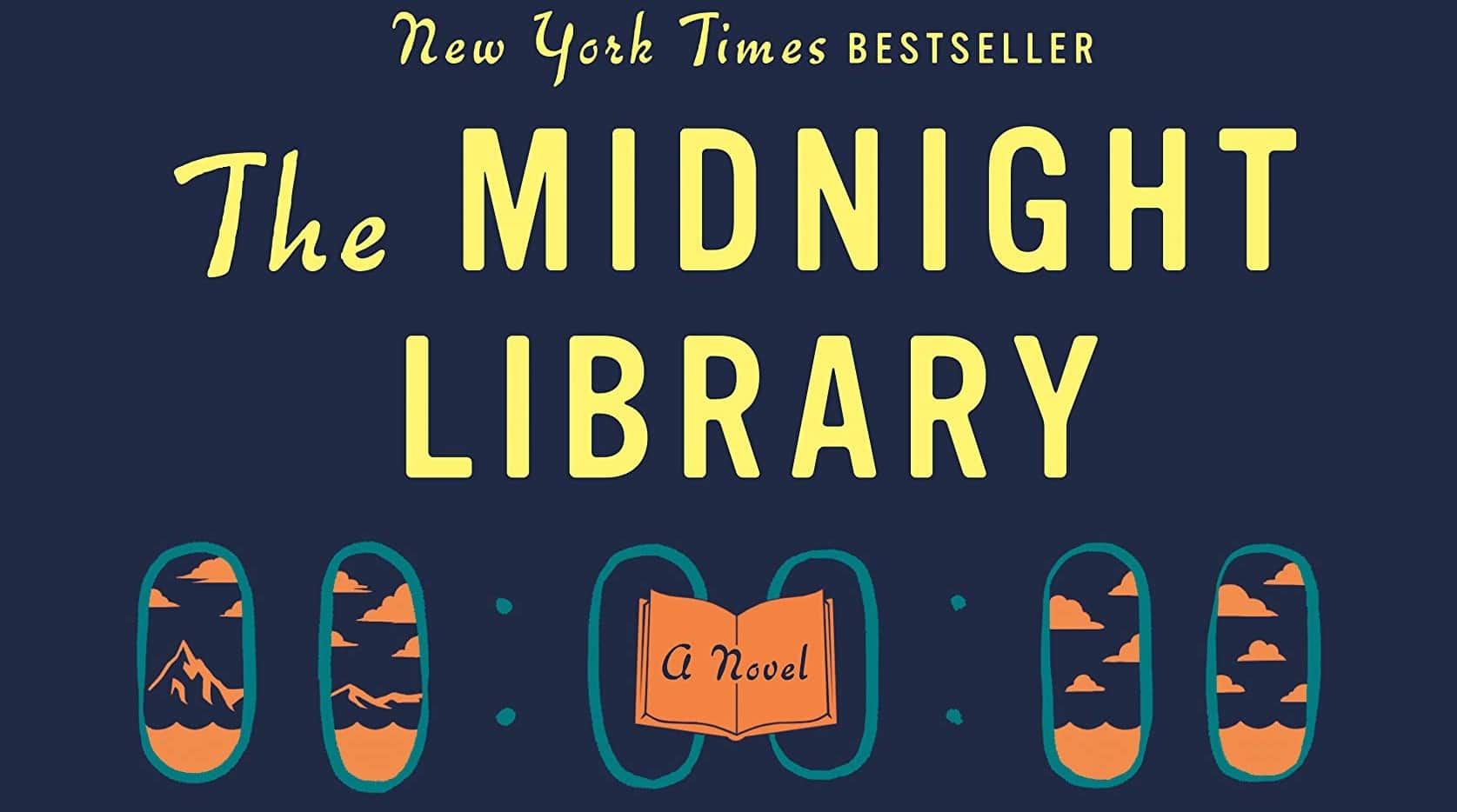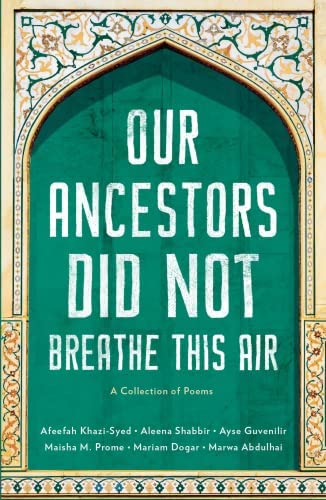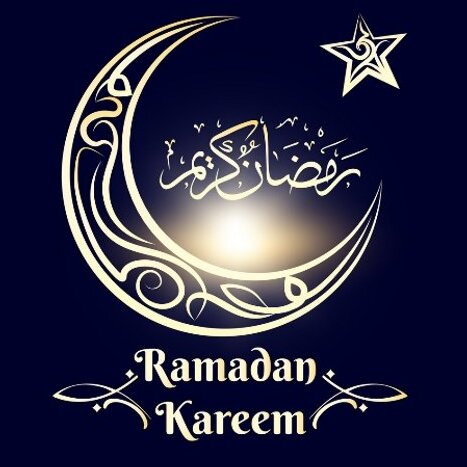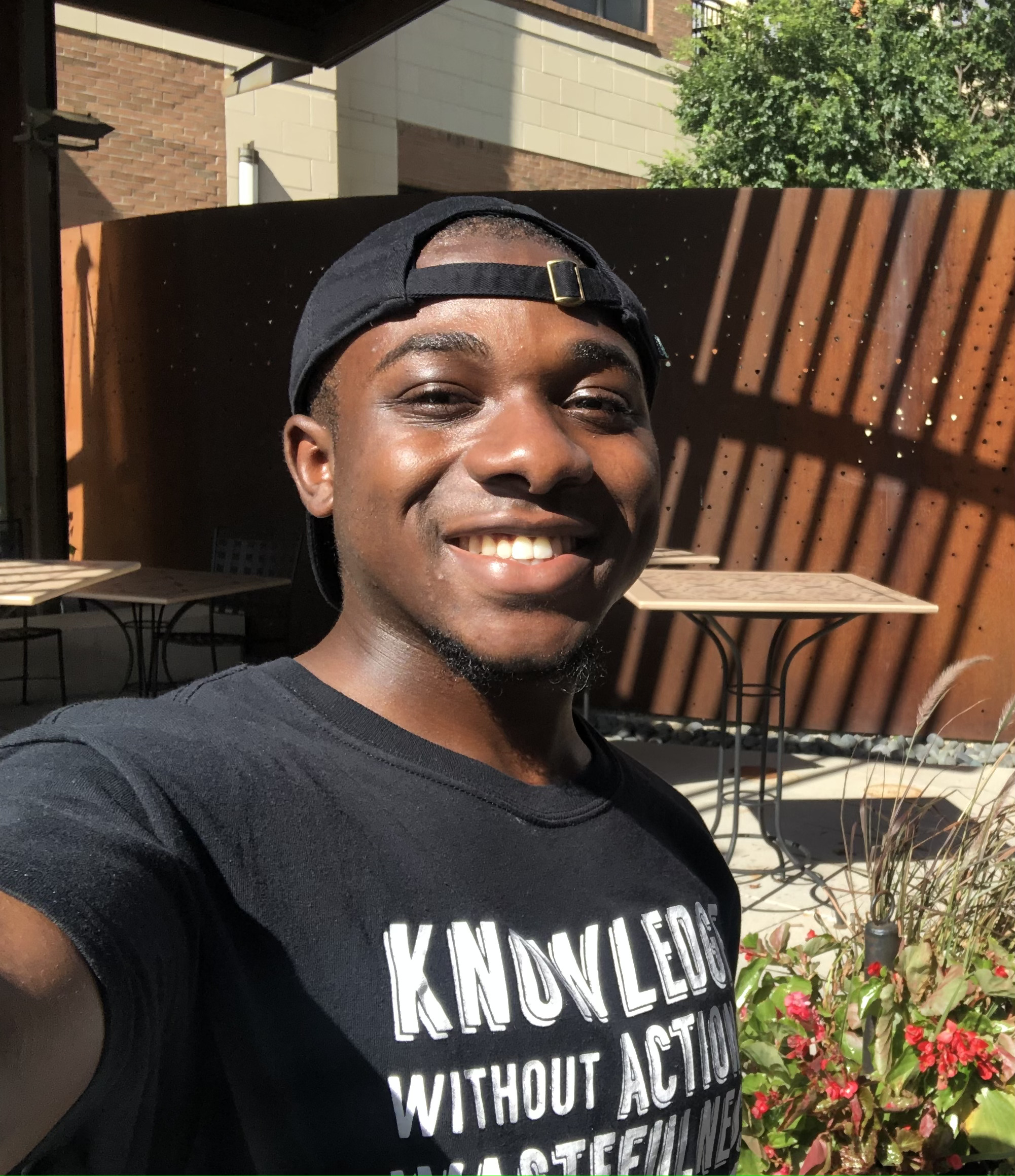
Reflections on "Black Cake"
In "Black Cake" Chairmaine Wilkerson writes a story of family. This novel, with its twist and turns and emotional rollercoasters, captures some of the complex reality of surviving as an Afro-Caribbean-American family. From the perspective of Eleanor(mother), Byron(son), and Benny(daughter), Wilkerson tells the tale of the Bennett family. The siblings' journey to understand their mother's past is a story of death, inheritance, and identity with lessons for us all.Death
The book is set in the wake of Eleanor Bennett's passing. Her death is brought on by a fast-progressing illness. This gives her reason to reflect and a desire to share her full truth with her children, however, the disease does not allow her time to pass on this truth directly. So Eleanor leaves behind a recording with instructions for her children to listen to the tape together.
Eleanor's decision to uncover her truth is a commentary on death itself. We learn of pain, regret, and secrets that she has held for half of century. Whatever secret could warrant being kept hidden for more than 50 years would certainly warrant going to someones grave--but we see differently. That Mrs. Bennett could have the conviction to protect her family from the weight her secrets for so many years, yet be pushed to reveal these secrets when on the brink of death highlights larger truths. Death forces us to come to term with ourselves. Death forces us to fully acknowledge our own truths. Death compels us reconcile our affairs and fulfill any rights that others have upon us, before we go . One such right--the right of Eleanor's children to their inheritance--tips the scales and against Eleanor's conviction to keep hold of her past.
Inheritance
There is so much that falls under the umbrella of inheritance. Some of this we pass on for our sake: traditions. Some of this we pass on for their sake: stories. Some of this we do not wish to pass on, yet it fashions itself into an heirloom regardless: pain and suffering.
We pass on tradition because it is the currency of culture. The ways we greet our elders. The details of how we manifest worship. The recipes that taste like childhood. These all form the backbone of culture and their is a sense of validation with each tradition we pass on. When our children take hold of a tradition, it is a confirmation that we have done our job in securing the legacy of a people. It is a small reminder to the world, and to ourselves, that we truly lived upon this Earth.
We pass on stories because the wisdom of past generations is an invaluable tool in navigating life. As adults it is easy to think of our experiences as simple fixtures of our past. There are some stories that stand in obvious exception to this understanding. However, even the most must mundane of experiences hold truths about our perspective on life and instructions on how the next generation might choose to view life for themselves. Our stories are not our own . The meaning here is two-fold. Yes, we must share our stories with the growing generations. Also, we must recognize that the stories in our mind are also stories of the generations that come before us. We have inhabited space with relatives that are no longer here. We hold truths about them, just as they held truths about the generations before them, and so on. It is easy to understanding the treasures we hold in our stories.
We pass on pain and suffering. We do not want to. But we do. We think that maybe if we can keep covered the stories of violence and discrimination inflicted upon us, then we can save our children, nieces and nephews. We forget that we are products of our experiences, and our hurt will manifest inevitably in our presence. Looking at Eleanor Bennett's survival of sexual violence and Benny's survival of domestic violence, and their mutual ignorance of each other's suffering, gives us a clue that maybe there are safe ways that we can warn and prepare the next generation.
Across all kinds inheritance, there is the consistent thread of our children's right to such inheritance. Everything we teach our children is an inheritance of one form or another. They have a right to be taught. A right we spend a lifetime seeking to fulfill.
Identity
The introspection in facing death, and the passing on of inheritances both factor in the definition of ones Identity. The limit of who we become is ultimately denoted by our death. What fills the interim is personal experience and heritage.
The novel explores the influence of both personal experience and heritage in defining identity. We know of Eleanor's complicated identity given the past she uncovers to her children. Even so, we hear her explicitly define herself as her children's mother. She is simultaneously so many things, so many lives in one body. Yet she is unequivocal in her belief that for as long as her children have been in her life, she was only ever their mother. Our roles define us.
Then there is heritage. The question of heritage for any Afro-Caribbean-American family is always a difficult one. We know of our family as far back as we can. However, there is unspoken understanding that it is easier to not search to hard. If we look deep enough into our lineage we will have to face the reality of our ancestors' torture and subjugation. We will have to acknowledge that, on account of violence, some of our ancestors are not ancestors that were welcomed into our lineage. We will come to know that utlimately the trail runs cold. Byron and Benny reflect this understanding in the ease with which they accept their mother's charade of being an orphan. They could not have known better, but their ignorance of their heritage was not altogether weird amongst Black families.
I'll end with this. Though this novel is a fiction, it tells a story of a family I resonate with. It tells a story of courages women who survived against oppression. Of strong men who sacrificed for family. Of a new generation tasting certain privileges for the first time. Of a family navigating the balance of embracing a complicated heritage and defining a new future. Of a family that knows love. Of a family striving to be family--against the odds--for family sake. Of a story with different details but a plot that I live through myself.

